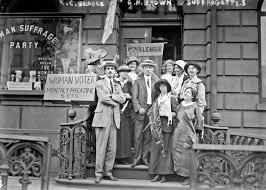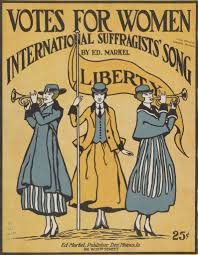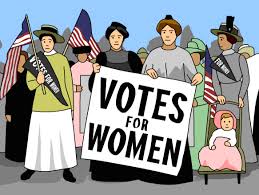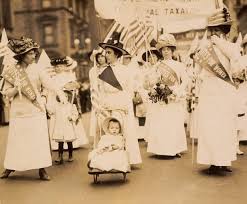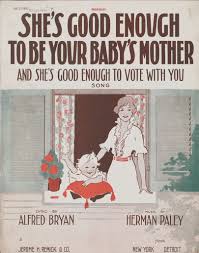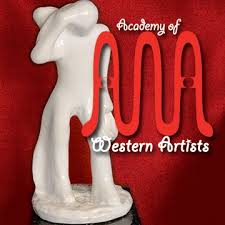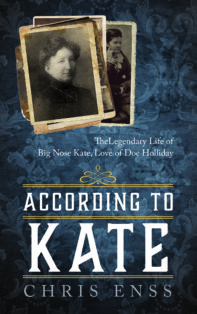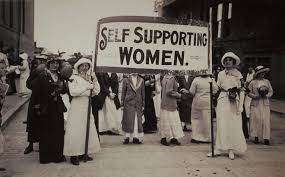Enter now to win a copy of the new book
No Place for a Woman: The Fight for Suffrage in the Wild West.
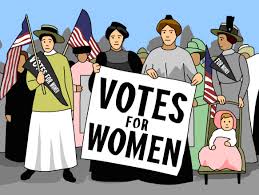
The movement for woman suffrage, which began in 1846, was for a time overshadowed by the abolition movement. Virtually all women’s rights advocates supported abolition, but not all abolitionists supported woman suffrage. Numerous abolitionists believed it was inappropriate for women to engage in public political actions. Feeling that their servitude was more deplorable than the political, legal, and economic disabilities of the women of the United States, many women suffragists gave their time, energy, and money to the freeing of African Americans.
When the Civil War had ended, and the Fourteenth Amendment was under discussion, Susan B. Anthony, Elizabeth Cady Stanton, and other leaders learned with amazement and indignation that it was proposed to put the word “male” in the Constitution of the United States, which before that time had not discriminated against women. The suffragists immediately petitioned Congress. When the Thirteenth Amendment abolishing slavery was pending, the women had been encouraged by both Republicans and abolitionists to send petitions to Congress. They collected more than three hundred thousand names. Several Republican senators applauded the efforts of women everywhere and told them, “You are doing a noble work.” However, when the women petitioned for their own rights, they received little sympathy and much active opposition.
Republicans had declared that suffrage was a natural right belonging to every citizen who paid taxes and helped support the state and that the ballot was the only weapon by which one class could protect itself against the aggression of another. Despite this, the Republicans failed to help the women in favor of the abolitionist movement. Many abolitionists refused to sign the women’s petition, saying, “This is the African American’s hour.” African American men warned that “women must not block our chance, lumbering the Republican Party with woman suffrage.”
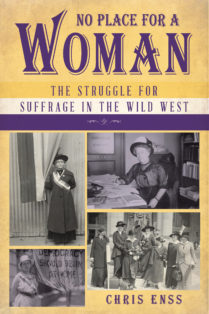
To learn more about how women won the right to vote in the West read
No Place for a Woman
Visit www.chrisenss.com to enter to win a copy of No Place for a Woman.

